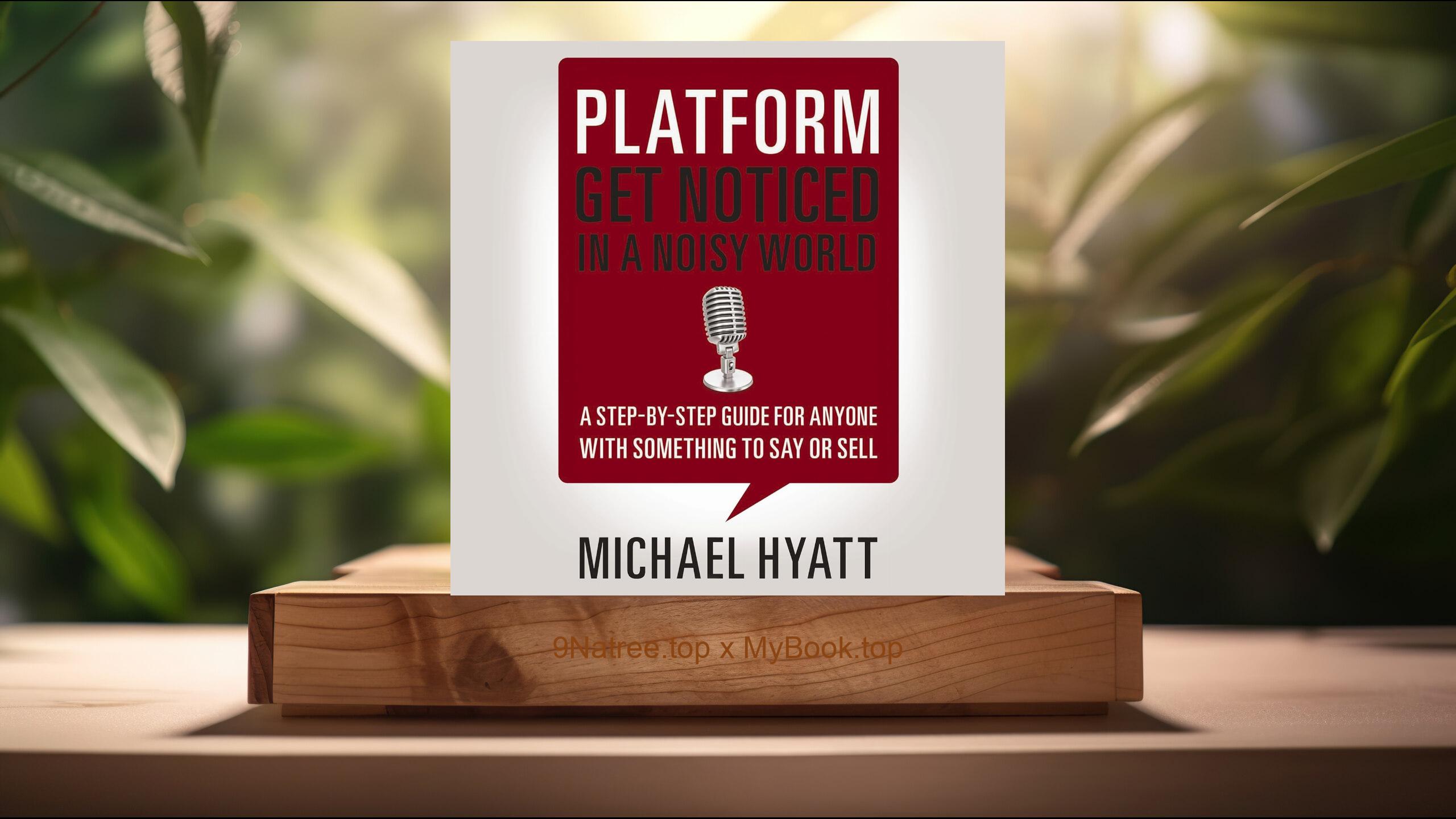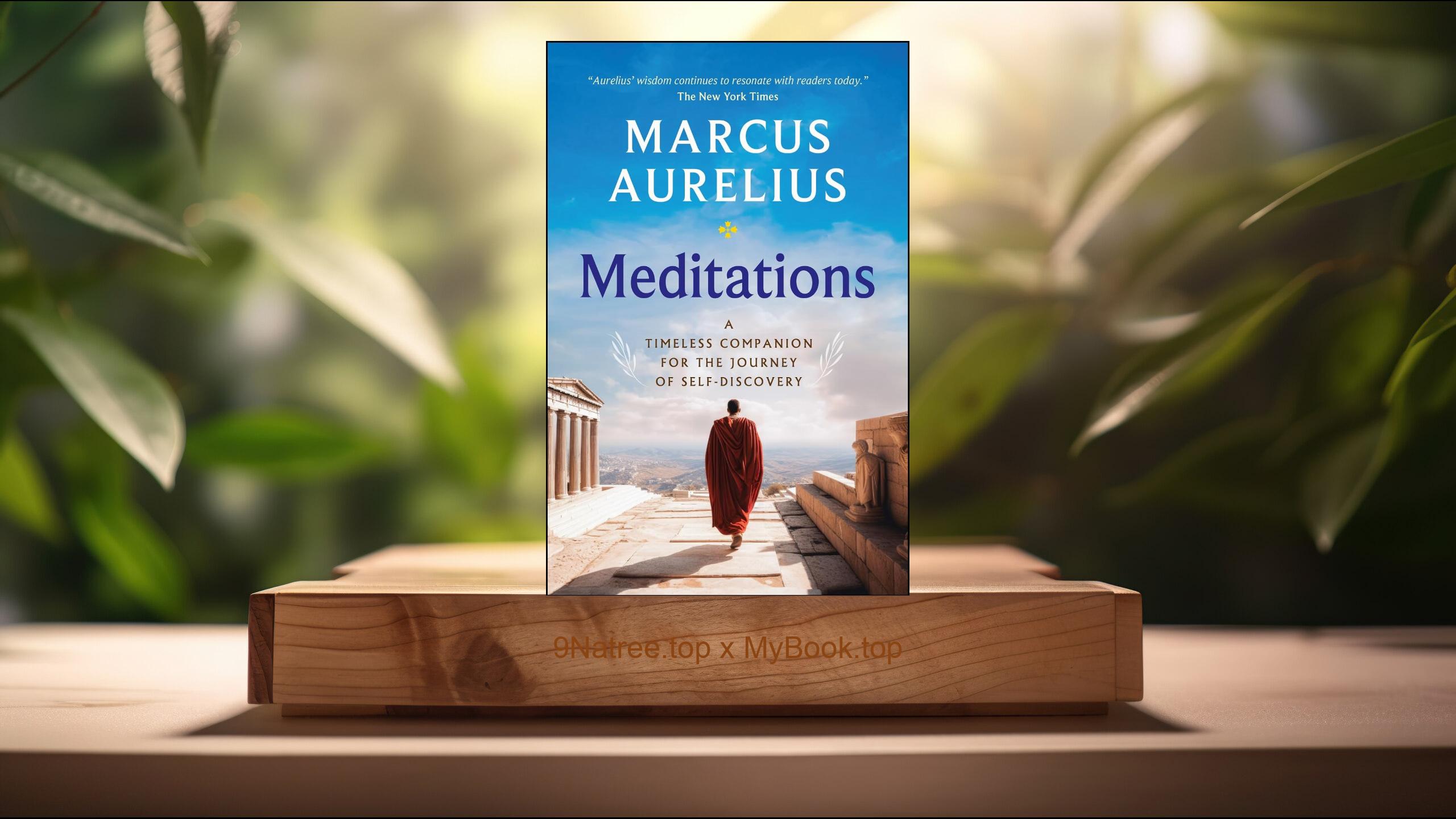Show Notes
- Amazon US Store: https://www.amazon.com/dp/B000P2A436?tag=9natree-20
- Amazon Worldwide Store: https://global.buys.trade/Finding-Meaning-in-the-Second-Half-of-Life-James-Hollis.html
- Apple Books: https://books.apple.com/us/audiobook/finding-meaning-in-the-second-half-of-life-how/id1641769631?itsct=books_box_link&itscg=30200&ls=1&at=1001l3bAw&ct=9natree
- eBay: https://www.ebay.com/sch/i.html?_nkw=Finding+Meaning+in+the+Second+Half+of+Life+James+Hollis+&mkcid=1&mkrid=711-53200-19255-0&siteid=0&campid=5339060787&customid=9natree&toolid=10001&mkevt=1
- Read more: https://mybook.top/read/B000P2A436/
#midlifetransition #personalgrowth #Jungiananalysis #shadowself #existentialcrisis #selfdiscovery #personalmyth #FindingMeaningintheSecondHalfofLife
These are takeaways from this book.
Firstly, The Shift from External Achievement to Internal Exploration, James Hollis articulates a pivotal shift that occurs in the second half of life, moving from a phase predominantly centered on external achievements—career, family, social status—to one that deeply engages with internal exploration and personal truths. This transition challenges individuals to reassess their lives’ direction, questioning not just the external markers of success but delving into the quality and substance of their inner lives. He argues that the societal script often falls short in addressing the fundamental human quest for meaning, leading to a 'mid-life crisis' or a sense of stagnant unfulfillment. Hollis suggests that true growth and satisfaction stem from confronting and understanding our deepest fears, desires, and the unconscious forces that have shaped our lives thus far. It’s a journey that requires courage, as facing the unknown within us can be daunting, yet it is crucial for genuine transformation and self-realization.
Secondly, Encountering and Integrating the Shadow Self, A significant topic that Hollis dives into is the concept of the 'shadow'—a Jungian term that represents the parts of ourselves we choose to suppress or ignore. The shadow encompasses traits, impulses, and desires that we deem unacceptable either due to societal norms or personal judgments. In the second half of life, encountering and integrating our shadow becomes essential for achieving wholeness and authentic self-recognition. Hollis discusses the importance of acknowledging our shadow, not as an adversary but as a vital part of our being that, when embraced, can offer profound insights into our true nature and potential. This process involves a deep exploration of our past, recognizing patterns and unconscious motives that have driven our behavior. It’s a path towards liberating oneself from the confines of conditioned responses and moving towards a more conscious and deliberate way of living, resonating with our core selves.
Thirdly, The Critical Role of Relationships in Personal Growth, Hollis emphasizes the critical role relationships play in the journey of self-discovery and growth in the second half of life. He argues that relationships serve as mirrors, reflecting back to us aspects of ourselves that we might not readily see. Through the dynamics of intimacy, conflict, and connection, we are offered a unique opportunity to confront our own vulnerabilities, insecurities, and strengths. Hollis posits that through committed engagement with others, we are compelled to grow beyond our egoistic patterns and evolve into more empathetic, understanding individuals. This process is not without its challenges, as it demands a level of honesty and vulnerability that many find daunting. However, it is precisely through these challenges that we can achieve greater depths of intimacy and understanding, both with ourselves and others. Hollis underscores the transformative power of relationships in prompting individuals to confront and integrate previously unacknowledged parts of their selves, fostering profound personal growth and fulfillment.
Fourthly, Navigating the Midlife Transition, Hollis provides an insightful exploration of the midlife transition, a crucial turning point that can serve as a catalyst for profound personal growth or lead to a deep existential crisis. This period is characterized by questioning the purpose and meaning of one’s life, reassessing one’s values, dreams, and achievements. Hollis posits that this transition is not only natural but necessary, as it propels individuals to confront their lives' authentic desires versus the roles and expectations imposed by society. He offers guidance on navigating this challenging but potentially rewarding phase, suggesting that embracing uncertainty and the unknown can lead to a more genuine and fulfilling life. By facing our fears, relinquishing outdated self-concepts, and daring to pursue our true passions, we can transform our existence in meaningful ways. Hollis’s approach encourages readers to view the midlife transition as an opportunity for renewal and rebirth, rather than a crisis to be feared.
Lastly, The Quest for Personal Myth and Meaning, One of the most enlightening aspects of Hollis's work is the emphasis on the quest for a personal myth and meaning. In the context of his book, 'myth' does not refer to fiction or fantasy, but rather to a deeply ingrained narrative that shapes our understanding of the world and our place within it. Hollis urges readers to dismantle the external myths—societal, familial, cultural—that have dictated their lives' trajectories and to embark on a personal quest to discover their own, unique myth. This involves a brave dive into the depths of one's psyche, confronting and reconciling with the past, and emerging with a renewed sense of purpose. This personal myth-making process is vital for authentic living, as it aligns one's external life with internal values and aspirations. Hollis asserts that when individuals live according to their personal myths, they achieve a sense of congruence and fulfillment that was previously elusive, heralding a life imbued with depth, direction, and meaning.
![[Review] Finding Meaning in the Second Half of Life (James Hollis) Summarized](https://episodes.castos.com/660078c6833215-59505987/images/1831619/c1a-085k3-pk97d79zcnqx-ndjzld.jpg)




